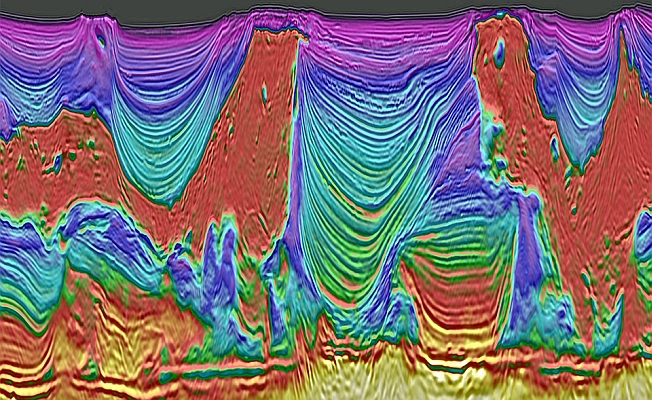China is planning to expand its homegrown Beidou navigation system by 2020 and make it accurate to within centimeters.
Currently the system can reach an error margin as low as 5 meters in trials and can be further improved to within centimeters to compete with the dominant US Global Positioning System, officials said yesterday.

The navigation system has been providing accurate and stable services to Asia-Pacific users since China launched it a year ago and other countries in Asia are welcome to use it, Ran Chengqi, director of the China Satellite Navigation Office, told a press conference in Beijing.
Beidou, which means the Big Dipper in Chinese, has functionality and performance “comparable” to the GPS system, Ran said.
The Chinese system has 16 satellites serving the Asia-Pacific so far and the number is expected to grow to 30 by 2020.
Accuracy can be within 7 meters in Beijing, Zhengzhou, Xi’an and Urumqi in central and north China and can reach an accuracy of 5 meters in some low-latitude Asian countries, according to an evaluation of its trial operation, Ran said.
Accurate to millimeters
The Beidou Ground Base Enhancement System’s 11 base stations are expected to help improve Beidou’s positioning accuracy from an error margin of 10 meters to within several centimeters or even millimeters under optimum conditions, similar to or better than the US-developed GPS, experts in Shanghai said earlier.
Shanghai has the ability to improve the accuracy of Beidou to within 50 centimeters with the building of two enhanced ground stations, the experts said.
“Two stations have been set up in Shanghai to provide positioning services especially for mobile devices that have been able to cover the whole city,” said Shen Xuemin, deputy director of the Chinese Academy of Sciences’ navigation department.
Beidou is the only satellite navigation system that offers telecommunication services. That means that, apart from giving users location and time information, Beidou can also send users’ information to other people and communicate with users via text messages.
China is encouraging other countries in Asia to adopt it by offering the service free, as the United States does with the civilian GPS network, said Liu Qixu, director of the Beidou Satellite System Application Center.
Stations are being built in Pakistan to improve the service there and Thailand has signed up to use Beidou for disaster forecasting.
The United States’ system is currently the dominant provider of navigation services for vehicles in China, with its GPS system used in 95 percent of the country’s navigation market.
China has invested billions of yuan in the development of Beidou, Ran said. During the trial operation, more than 100,000 vehicles in nine provinces and cities across China are using the Beidou system.
In Guangzhou, some 10,000 officials’ cars have been installed with the system to supervise their use and cut down on unauthorized private use.
China launched the first satellite for the Beidou system in 2000, and a preliminary version of the system has been used in traffic control, weather forecasting and disaster relief work on a trial basis since 2003.
More than 1,000 Beidou terminals were used after the 2008 Sichuan earthquake to provide information from the disaster area. The system was also used during the 2008 Olympic Games in Beijing and the 2010 Shanghai Expo to pinpoint traffic congestion and supervise venues.
Source: Shanghai Daily








